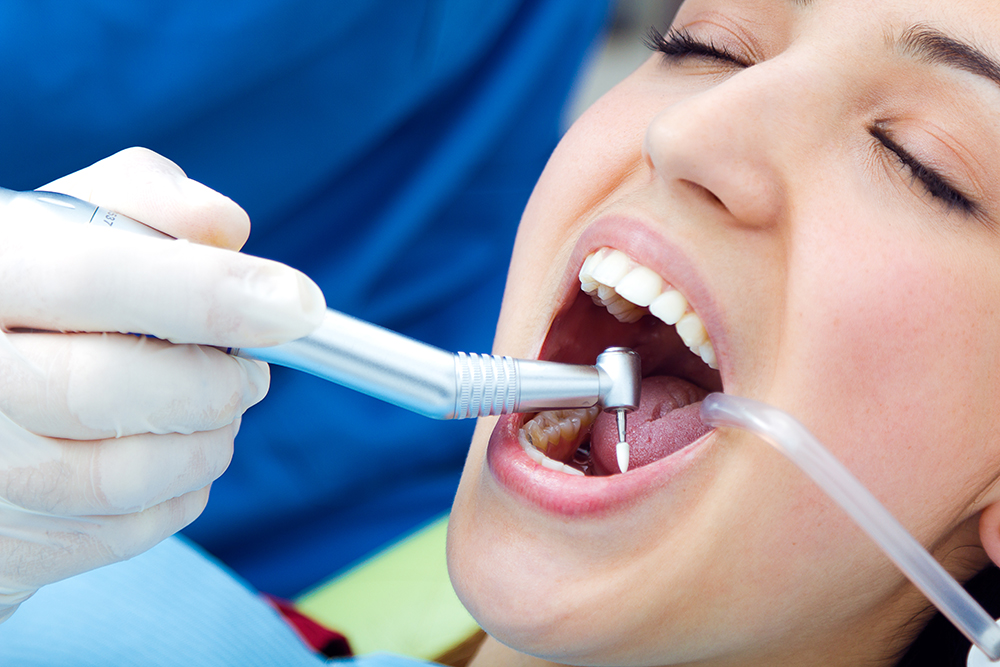Some of the most common oral surgical procedures include:
Tooth extraction :
This is the removal of a tooth from the mouth. It can be done for a variety of reasons, such as a tooth that is decayed, infected, or impacted.
Dental implant surgery :
This is the placement of a titanium post into the jawbone to support a replacement tooth.
Bone grafting :
This is the transfer of bone from one part of the body to another to repair or rebuild bone. It is often used in conjunction with dental implant surgery.
Periodontal surgery :
This is a surgical procedure to treat gum disease. It can involve removing plaque and tartar buildup, repairing damaged tissue, or grafting gum tissue.
Orthognathic surgery :
This is surgery to correct a misaligned jaw or bite. It can involve moving the upper or lower jaw forward, backward, or sideways.
Cleft lip and palate repair :
This is surgery to repair a cleft lip or palate, which are birth defects that can cause problems with feeding, speech, and hearing.
Temporomandibular joint (TMJ) surgery :
This is surgery to treat problems with the TMJ, which is the joint that connects the jawbone to the skull. It can involve repairing damaged cartilage, realigning the jawbone, or removing a disc.
Facial trauma surgery :
This is surgery to repair injuries to the face, such as those caused by a car accident or sports injury. It can involve repairing broken bones, reconstructing soft tissue, or removing foreign objects.
Oral cancer surgery :
This is surgery to remove oral cancer. It can involve removing the tumor, surrounding tissue, and lymph nodes.
Oral surgical procedures can be a safe and effective way to treat a variety of oral conditions. However, like any surgery, they carry some risks, such as bleeding, infection, and nerve damage. It is important to discuss the risks and benefits of any oral surgical procedure with your dentist or surgeon before making a decision.


